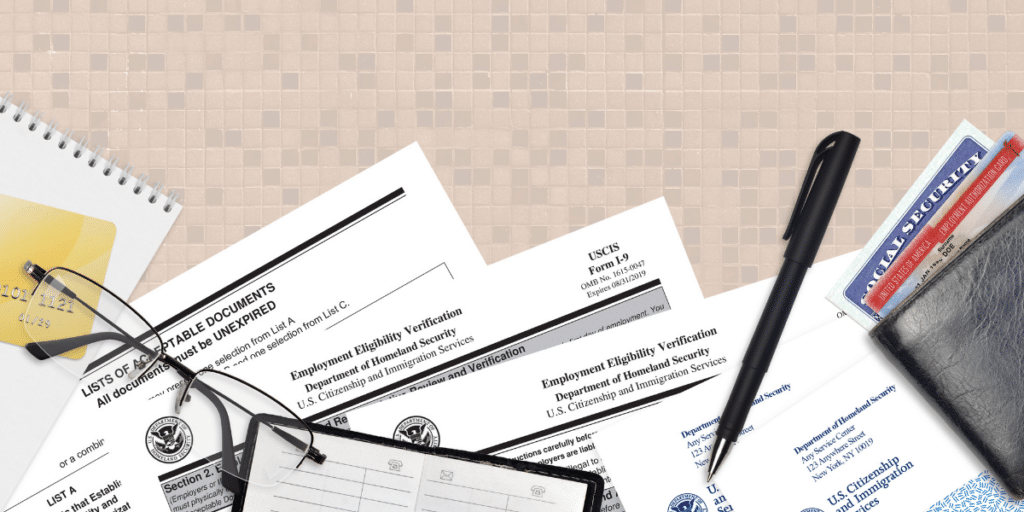Being a grandparent comes with its own set of joys and challenges. When family dynamics shift, particularly due to unforeseen circumstances, grandparents may find themselves stepping into new roles. Thanks to recent changes in North Carolina’s legislation under S.L. 2024-33, grandparents now have greater legal standing in custody cases. We are here to guide you through these changes and explain how they can help you maintain a nurturing presence in your grandchild’s life.
Understanding the Recent Legal Changes
In July 2024, North Carolina enacted a new law, S.L. 2024-33. It highlights the important role grandparents can play when parents are unable to care for their children or have passed away. The law allows grandparents to play a role in legal actions related to abuse, neglect, or dependency in a few scenarios:
- Both parents of the child are deceased.
- One parent is deceased, and no other parent is known.
- One parent is deceased, and any other parent’s rights have been terminated.
The legislation also outlines how grandparents can legally begin a Termination of Parental Rights (TPR) process if all known parents are deceased and they want to terminate the rights of an unknown parent.
Grandparents’ Role in Custody and Visitation
Besides the new developments from S.L. 2024-33, there are several other laws in North Carolina that specifically address the rights of grandparents in child custody cases. These laws are meant to protect and support a grandparent’s relationship with their grandchildren, especially when there is a breakdown in the parent-child relationship.
Under North Carolina law, biological parents have a constitutional right to care for their children. However, there are times when other individuals, such as grandparents, may seek custody or visitation rights. For a grandparent to successfully gain custody, they must demonstrate that both parents are unfit, have abandoned or neglected the child, have passed away, or have acted in ways that undermine their parental rights. This could include issues like abuse, neglect, voluntary relinquishment of custody, not providing care for the child, or substance abuse problems.
It’s important to note that simply believing the child would be better off with grandparents is not enough for the court. Clear evidence of parental issues must be presented as part of the legal process.
How the Court Decides
If the grandparent’s petition is successful and the court decides the parents acted in contradiction to their right to parent their child, the court will conduct a “best interest” review. This assessment focuses on who can best support the child’s development across various aspects, such as physical, emotional, and social well-being. In this process, grandparents are given equal consideration alongside the parents with regard to the child’s best interests.
Intervening in Custody Disputes
Another way grandparents can seek legal involvement is by intervening in an ongoing custody case between the natural parents. In this scenario, if a grandparent has a substantial relationship with the child, they may be able to intervene in the case.
While North Carolina laws don’t define what constitutes a substantial relationship, previous cases suggest that frequent visits and overnight stays are strong indicators. Grandparents should act swiftly if they want involvement, as they need to file a Motion to Intervene before the case is settled. Otherwise, they risk missing their opportunity to participate in the legal process unless the custody matter is reopened.
Limitations to Grandparents’ Involvement
There are limitations to the level of involvement a grandparent can have. If the child’s parents are in a stable and intact family, and there’s no evidence of unfit behavior, grandparents generally cannot seek custody or visitation. The law aims to maintain a stable family unit whenever possible.
Seeking Legal Guidance
Navigating these legal waters can be complex. If you’re a grandparent considering seeking custody or a parent involved in a custody dispute, it’s essential to consult with a knowledgeable North Carolina attorney. At Dozier Miller Law Group, we understand the emotional and legal challenges you face and are committed to guiding you through every step of the process. Our experienced team is here to provide the support and legal counsel you need to make informed decisions for your family’s future.
Take the Next Step with Dozier Miller Law Group
If you find yourself facing family legal issues or want to explore your rights as a grandparent, reach out to Dozier Miller Law Group. We are dedicated to helping you understand and navigate the legal system to achieve the best outcome for your family. Contact us today to schedule a consultation and take the first step towards a brighter future for your loved ones.

CATEGORIES
Contact an Attorney
Our attorney offer specialized guidance and representation in a variety of practice areas.

REMEMBER: Always speak with your own attorney
This information is provided for informational purposes only; it is not offered as and does not constitute legal advice.
More Insights and Resources
Learn more about what to expect when facing a family law dispute in Charlotte, North Carolina from Family Law attorneys at Dozier Miller Law Group
Protect What Matters Most: Estate Planning for Every Stage of Life
Thinking about the future doesn’t always come naturally. Many of us get caught up in the day-to-day,…
Will a Separation Protect Me Financially?
Separation is never easy, especially when financial questions start piling up. Can you protect your savings? Will…
Practical Custody Arrangements for Families
Trying to figure out custody arrangements? You’ve probably come across terms like joint custody, primary custody, and…
Future-Proof Your Business Against Form I-9 Changes
Running a business is no small feat. Between managing your team, keeping customers happy, and planning for…
When Do You Need an Attorney for a Breach of Contract Case?
Contracts are the backbone of any good business relationship. They bring clarity, set expectations, and hold everyone…
Navigating Immigration Changes and Their Impact on Employment Law
No matter the size of your business, immigration law affects your ability to hire and retain the…
LGBTQ Families and Stepparent Adoption: What You Need to Know in North Carolina
As a family law attorney in North Carolina, I’ve seen many parents assume that their legal status…
What to Do When You Get a Bad Google Review
If you’re a Charlotte business owner, you know just how important your online reputation is. Around 98%…
Managing Your Immigration Status in 2025
The 2024 election brought significant shifts to U.S. immigration policy, many of which have already begun reshaping…
Plan Now for Summer Child Custody Arrangements
It might not feel like it, but summer break will be here before you know it. For…










